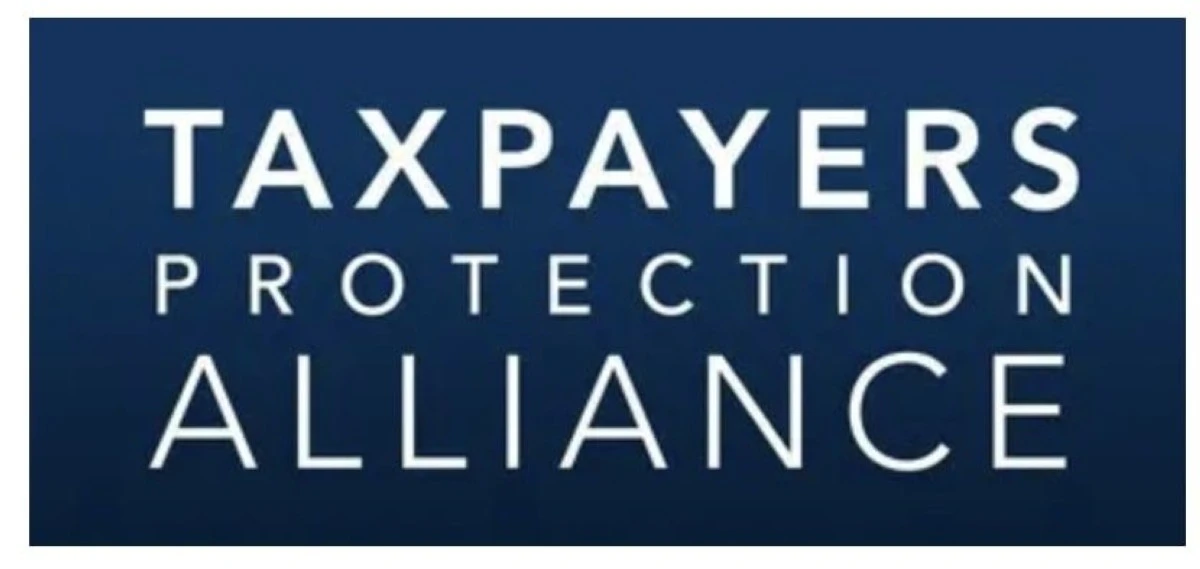Public health experts called on the World Health Organization (WHO) to reform its approach to tobacco control and acknowledge harm reduction as a better approach to assist more than a billion smokers worldwide.
Health experts urge fundamental reforms in WHO tobacco control
At A Glance
- A panel organized by the Taxpayers Protection Alliance (TPA) described the WHO Framework Convention on Tobacco Control's (FCTC) two decades of tobacco control efforts as stagnant, characterized by missed opportunities and a risky opposition to innovation.

A panel organized by the Taxpayers Protection Alliance (TPA) described the WHO Framework Convention on Tobacco Control’s (FCTC) two decades of tobacco control efforts as stagnant, characterized by missed opportunities and a risky opposition to innovation.
Roger Bate, a global health policy expert at the International Center for Law and Economics, said that "whether it's COVID-19 or tobacco policy, the WHO has failed repeatedly."
"We need fundamental reform. If the organization cannot evolve to incorporate modern science and real-world solutions, then it risks becoming obsolete," he said.
Martin Cullip, international fellow at TPA's Consumer Center, said the FCTC was a "good idea that has gone terribly wrong."
"We've lost 20 years of potential progress because of rigid ideology," he said.
The WHO marked the 20th anniversary of FCTC in February 2025. The global health treaty, signed by 183 countries, heavily promotes its MPOWER strategy, which emphasizes measures like taxation, advertising bans and smoking restrictions.
“The WHO has always been a political organization. It has always been driven by its Geneva bureaucracy," Bate said.
Bate said the WHO is now at least 60 percent funded by "powerful vested interests," including some in the pharmaceutical sector and billionaires with "very strong and strict agendas."
"The WHO needs to reform. It needs its leadership to be slashed. It needs far less control at the top in Geneva and more control at its field offices. But overwhelmingly, it needs to be overhauled," Bate said.
David Williams, president of the TPA, criticized the WHO FCTC for "squandering good opportunities in tobacco harm reduction."
"I have seen tobacco harm reduction products develop over the last 10 to 15 years. And I'm absolutely jealous because I wish my father back in the 70s and 80s had access to these products, whether it's vaping, heated tobacco, nicotine pouches or anything to get him to switch from combustible cigarettes. That's why I'm involved in this on a personal level. I think there is a missed opportunity," Williams said.
"There are fathers and mothers and brothers and daughters out there who are smoking, who shouldn't be smoking anymore. And we want them to have accurate information. We want to give them the opportunity to switch to less harmful products. It's going to save lives. It's going to save money. And there's just no reason why in 2025, we aren't embracing this innovation in this market," Williams said.
Williams drew a parallel with environmental policies, noting that even the United Nations talks about harm reduction when it comes to the environment. “When they talk about electric vehicles and other things, why not harm reduction when it comes to smoking? We have to embrace new technologies, and we can't be selective because we just don't happen to like an industry or some players in the industry," he said.
Reacting to the TPA panel discussion, Dr. Lorenzo Mata Jr., president of the Philippine advocacy group Quit for Good, said the FCTC’s "prohibitionist policy" has marginalized millions of smokers without effectively helping them quit.
"The WHO FCTC should focus on helping smokers, instead of demonizing them," Mata said.
"There are still more than a billion smokers in the world today, and a prohibitionist policy would not make them go away. Smokers who refuse to quit need support and the best tools include smoke-free products such as vapes, heated tobacco and nicotine pouches," he said.
Last year, the Philippine delegation was commended for its collaborative approach and successful defense of national interests at the FCTC Conference of the Parties 10 in Panama City. Dr. Nuntavarn Vichit-Vadakan, the Committee A chair of the WHO tobacco control, specifically lauded the delegation's cooperation in reaching a consensus, highlighting their ability to balance national interests with the requests of other parties.